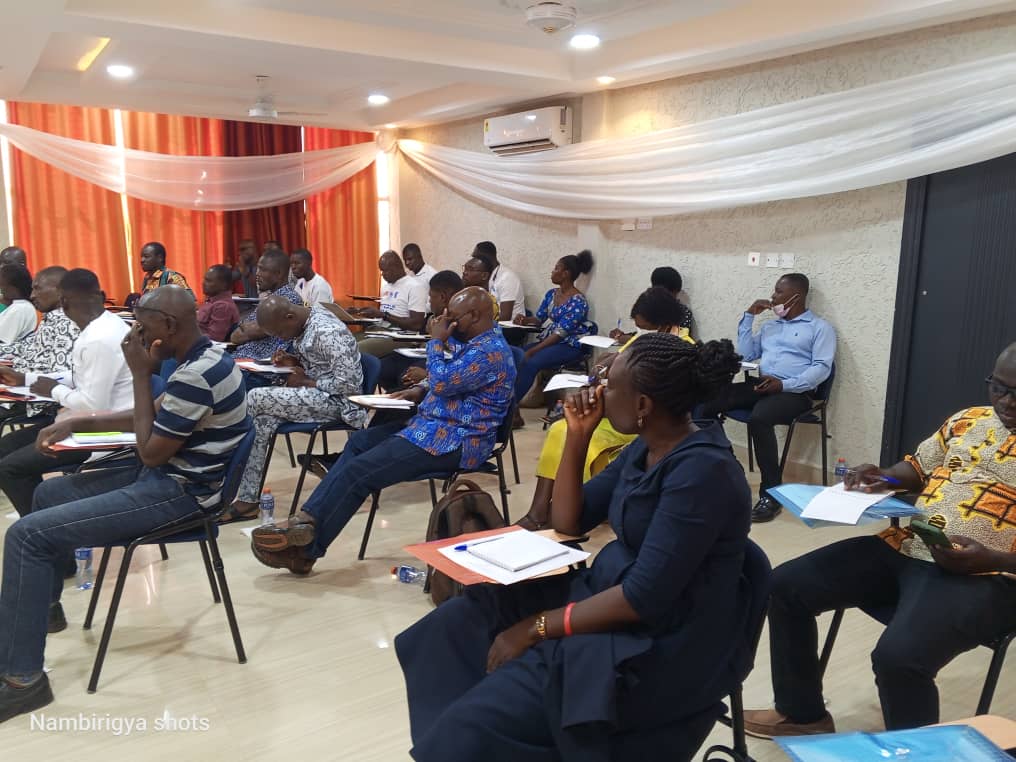The Upper East Regional Coordinating Council and the United Nations Population Fund (UNFPA), have organized a two-day consultative meeting on Equal Engage Guide.
This brought together various actors in the social work and rights chain including officials of the Commission on Human Rights and Administrative Justice (CHRAJ), Social Welfare, youth groups, and civil society organizations.
It forms part of the RCC and UNFPA’s desire to ensure social cohesion and reduce vulnerabilities to violent extremism which is part of the implementation of the “Peace Building Fund Project.”
The consultative meeting, which commenced Thursday, November 28, and ended on November 29, 2024, explored various social and cultural norms and practices that do not allow for inclusion, the rights of individuals that must be protected, and how to fashion out a more inclusive and human-friendly approach to educating and sensitizing community members to achieve the desired change.
With the Equal Engage Guide, it is the hope of the RCC and UNFPA that harmful practices and norms will be changed and far more acceptable and inclusive practices will be adopted to reduce the vulnerabilities of women and youth to external exploitation.
The Project is being implemented in three regions of Northern Ghana including Upper East, Upper West, and North East Regions.
In an interaction with the Media, Selina Owusu, National Gender Analyst with UNFPA, explained that the essence of the project and the engagement is to ensure inclusion and prevent the escalation of violent conflict.
“We need to involve everybody within the district, community, or even at the regional level to help everyone to have their needs met. That way, we will be able to reduce extremist tendencies and we have to prevent it from happening. We don’t want to sit and wait that is why we’re having this stakeholder engagement. We want to break down social norms to get the women and youth involved.” She stated.

She observed that there is gradual progress seen in the change of some harmful cultural norms.
“A lot of progress has been made though there remains a lot of work to be done. We need to celebrate the successes so that we can build on it and we are on track.” She stressed.




